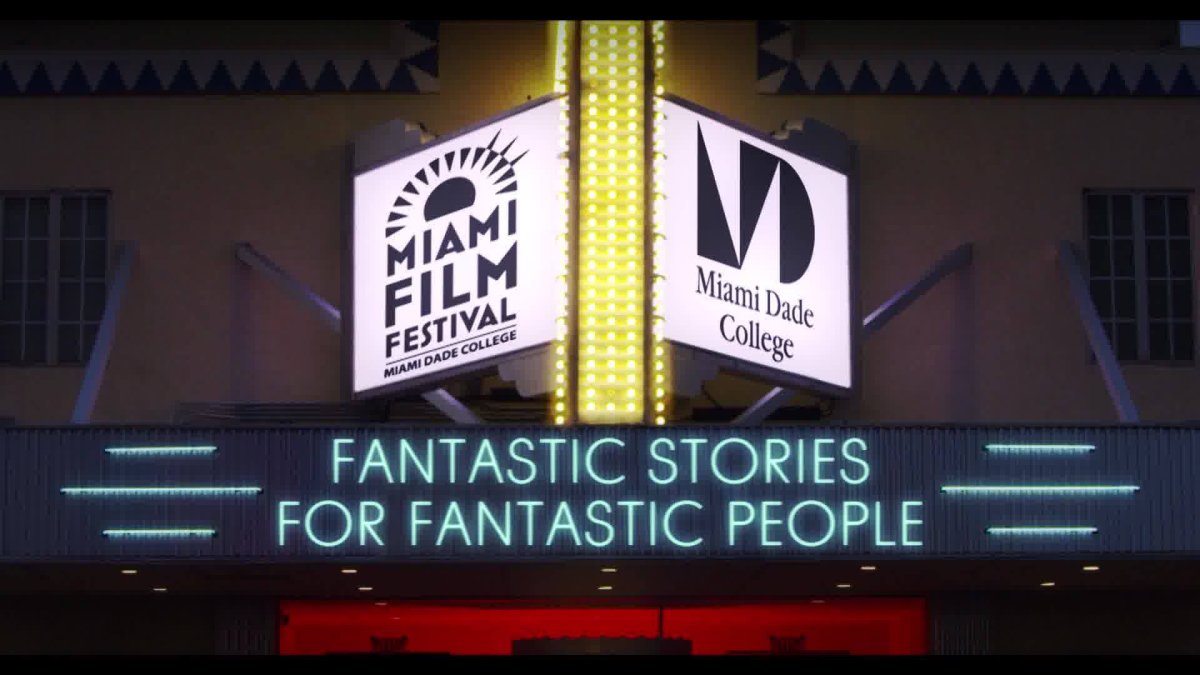The Cuban poet Heberto Padilla in the 70s criticized the dictatorship in his book “Fuera de fuego”.
A book with instructions for entering a new society, in Fidel Castro’s Cuba, was rewarded but later condemned.
The political police fired Padilla and tortured him for 38 days. These cruel methods led to regret and a kind of mea culpa.
Thus Padilla divided the intellectuals and authors of the time, then he was taken before an assembly of the Union of Writers and Artists of Cuba (UNEAC) to repent of his counter-revolutionary actions and designate other colleagues .
Some 22 years after his death in the United States, the documentary “El caso Padilla” was presented at the Miami Film Festival.
“The whole film is told from the point of view of Herberto Padilla and in the last section there is a debate about leaving Miami, but not about the reasons for his departure,” said Cuban filmmaker Pavel Giroud, producer of the movie. documentary.
The Cuban living in Spain explains: “I always said that my initial premise was to manipulate a material, without feeling manipulated and even less manipulative, that is, to be faithful to an event.”
A documentary composed of the audiovisual of dismissal and self-criticism that the poet Padilla made in front of UNEAC and that Pavel Giroud synthesized in his feature film of one hour and twenty minutes.
“For me it was very important, for us the condition of being unpublished at launch was important”, specifies the producer.
But before performing in Miami, some pirated copies of the original material have already leaked.
“Padilla’s self-criticism lasted 4 hours, they say, what I have in my possession is about three hours, which leaked reached I think two”, explains Giroud, who promised, eventually , to publish it in its entirety.
“We haven’t released it because, as I said, we have met certain agreements that have prevented us from releasing it now, but the material is there. I wish the four hours that no one has until now have come out, the four hours that I know,” he said.
A debate and even criticisms have been unleashed on the networks for the maintenance of the original material to which the creator reacts: “the criticisms are legitimate, the claims, the claims. I sometimes question the way platforms are made.”

